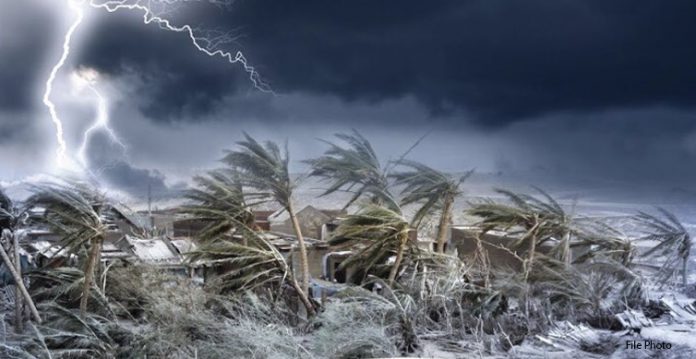New Delhi: On Tuesday, Prime Minister Narendra Modi spoke to the Chief Ministers of Tamil Nadu and Puducherry ahead of the impending tornado that will cross into the state and UT by Wednesday.
The PM tweeted: “Spoke to Tamil Nadu CM Shri @EPSTamilNadu and Puducherry CM Shri @VNarayanasami regarding the situation in the wake of Cyclone Nivar. Assured all possible support from the Centre. I pray for the safety and well-being of those living in the affected areas.”
Prior on Monday, Rajiv Gauba, Union Cabinet Secretary conducted a meeting of the National Crisis Management Committee (NCMC) to examine the status of the impending Cyclone through video conferencing with the Chief Secretaries of Andhra Pradesh, Puducherry and Tamil Nadu.
The Cabinet Secretary had said to the officials that the Crisis Management Committee is focusing on “zero loss of life” and early restoration of normalcy in the impacted regions. He has ordered strict implementation of the advisories. Fishermen are not to venture into the sea.
According to the recent forecast by the India Meteorological Department on Tuesday, cyclone Nivar could make landfall among Mamallapuram in Tamil Nadu and Karaikal area in the Puducherry region.
Cyclone Nivar now lies 450 south-west of Chennai stirring up wind speeds of up to 85 km, as per the most recent update from the India Meteorological Department (IMD). Nivar is expected to grow further and turn into a ‘severe cyclone’ by 11:30 pm and make landfall among Karaikal and Mamallapuram on Wednesday night with wind speeds in the range of 100-110 Kmph and blasting to almost 120 Kmph.
The storm is predicted to fell standing crop, trees, and overwhelm thatched housetops as indicated by authorities from the Met office and advisories have been set up since Sunday to fishermen to stay away from the sea.
A visual storm cautioning signals are signage permanently raised at the mast of ports to alarm boats of the weather condition in the ports they approach. While some countries hoist flags, India utilizes distinct signs for day and night. Day signals are a blend of cylinders and cones, while night signals are red and white lights.







